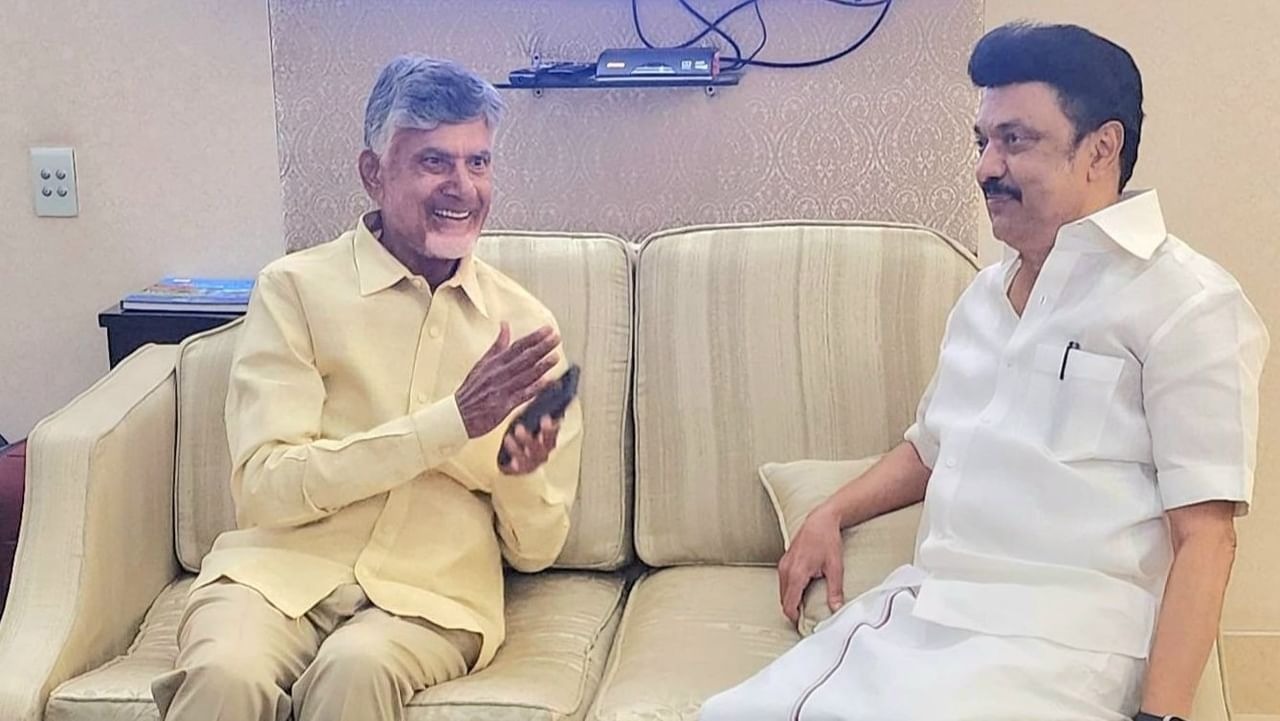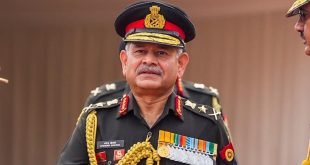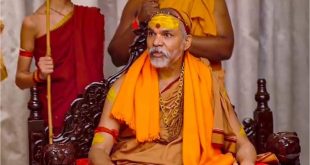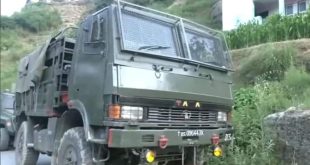 Chandrababu Naidu News: Patna to Delhi, Political Movements Unfold
Chandrababu Naidu News: Patna to Delhi, Political Movements Unfold
The political landscape in India is ever-evolving, with recent developments highlighting the strategic maneuvers of key leaders. This article delves into the intricate details of the journey taken by Bihar’s Chief Minister Nitish Kumar and Deputy Chief Minister Tejashwi Yadav from Patna to Delhi, their interactions, and the subsequent political implications. Additionally, we will explore the significance of Chandrababu Naidu and M.K. Stalin’s meeting in Delhi, and how these events are shaping the national political scene.
The Flight from Patna to Delhi
In a politically charged atmosphere, the journey of Nitish Kumar and Tejashwi Yadav from Patna to Delhi has garnered significant attention. The two leaders were seated initially in separate seats but soon, Nitish Kumar invited Tejashwi to sit next to him. This simple change in seating sparked various speculations about the nature of their conversation.
The Conversation on the Plane
What transpired between Nitish Kumar and Tejashwi Yadav on that flight? While Tejashwi has kept his lips sealed, stating that not everything can be disclosed, the political circles are abuzz with theories. Did they discuss potential alliances, future strategies, or the demands they might place before the central government? The exact details remain a mystery, but the implications are significant.
The Role of Small Parties Post-Lok Sabha Elections
The outcome of the Lok Sabha elections has underscored the increased importance of smaller parties. With the BJP not securing an outright majority, the role of regional allies has become crucial in forming the government. Parties like Nitish Kumar’s JD(U) and Chandrababu Naidu’s TDP are now pivotal players in the national political arena.
Nitish Kumar and Chandrababu Naidu’s Support to NDA
Both Nitish Kumar and TDP Chief Chandrababu Naidu have extended their support to the NDA, formally submitting their letters of support. This move is expected to have a significant impact on the formation of the new government, ensuring that the BJP has the necessary numbers to claim a majority.
Nitish Kumar’s Extended Stay in Delhi
Amidst these developments, Nitish Kumar has decided to extend his stay in Delhi. This decision is seen as a strategic move, allowing him to be at the center of negotiations and discussions regarding the formation of the new government. His presence in Delhi signifies his active involvement in shaping the political future of the country.
Demands of Nitish Kumar and Chandrababu Naidu
Speculations are rife about the demands that Nitish Kumar and Chandrababu Naidu might place before the NDA. Sources suggest that both leaders are likely to seek key ministries that align with their political ambitions. The exact nature of their demands remains under wraps, but it is clear that they will play a crucial role in the upcoming government.
INDIA Coalition’s Wait and Watch Strategy
The INDIA coalition, meanwhile, is adopting a ‘wait and watch’ approach. This strategy allows them to observe the unfolding political dynamics and make informed decisions about their next moves. The coalition’s stance is critical as it could influence the balance of power in the central government.
Chandrababu Naidu and M.K. Stalin’s Meeting
Adding another layer to these political developments is the meeting between Chandrababu Naidu and Tamil Nadu Chief Minister M.K. Stalin in Delhi. Stalin, confident in Naidu’s ability to advocate for the southern states, shared pictures of their meeting, highlighting the importance of their alliance.
The Importance of Southern States in Central Politics
Southern states like Tamil Nadu and Andhra Pradesh have always played a significant role in central politics. Leaders like Naidu and Stalin bring unique perspectives and demands that can influence national policies. Their collaboration is seen as a means to ensure that the interests of their states are well-represented in the central government.
Stalin’s Confidence in Naidu
Stalin’s meeting with Naidu at the Delhi airport was more than just a courtesy call. He expressed confidence in Naidu’s ability to play a crucial role in the central government, advocating for the rights and interests of the southern states. This endorsement highlights the trust and cooperation between these regional leaders.
Naidu and Stalin’s Meeting at Delhi Airport
The meeting at Delhi airport was marked by a cordial exchange of views and mutual respect. Both leaders were in Delhi for their respective alliance meetings and utilized the opportunity to discuss future collaboration. This meeting signifies a strengthening of ties between Tamil Nadu and Andhra Pradesh.
Strengthening Tamil Nadu and Andhra Pradesh Relations
Historically, Tamil Nadu and Andhra Pradesh have shared strong ties. The recent interactions between their leaders indicate a commitment to furthering these relations. Collaborative efforts between the two states can lead to significant benefits in terms of political influence and developmental projects.
Public Reactions and Media Coverage
The public and media have been closely following these developments. Media coverage has been extensive, with various news outlets analyzing the potential outcomes of these political maneuvers. Public reactions have ranged from curiosity to speculation, reflecting the high stakes involved.
In conclusion, the recent political movements involving Nitish Kumar, Tejashwi Yadav, Chandrababu Naidu, and M.K. Stalin are shaping the future of Indian politics. The extended stay of Nitish Kumar in Delhi, the demands of regional leaders, and the strategic meetings between key political figures underscore the dynamic and complex nature of the current political scenario. As these leaders navigate their alliances and negotiate their roles, the implications for the upcoming elections are profound.
 Suspense Crime Sach Ka Dam
Suspense Crime Sach Ka Dam


